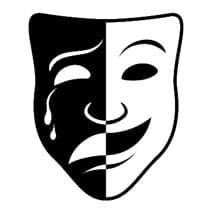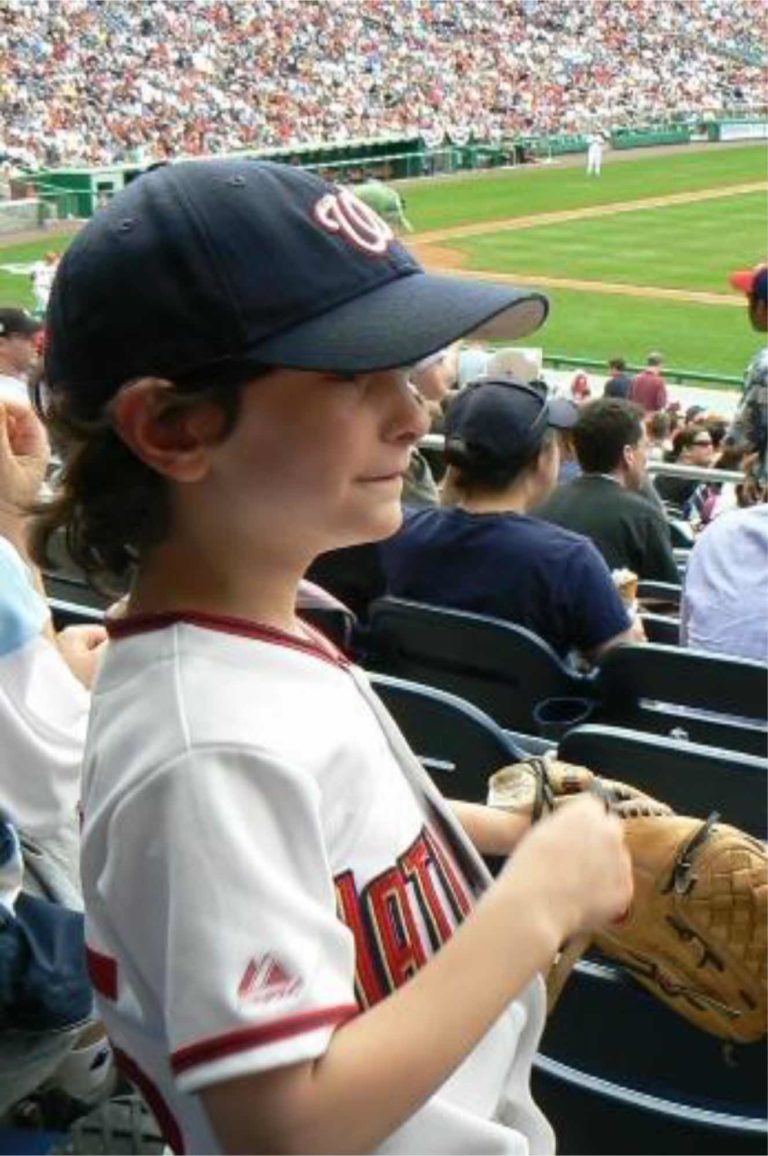I recently recalled a moment in my personal analysis in which I discovered that an issue I had brought up many months prior was gone. I didn’t recall steadfastly working on it or even thinking about it but I recognized the undesirable behavior was a thing of the past. I was joyful. It was a significant change and it felt like it was achieved without labor or suffering. Effortlessly, I had apparently put the behavior in the rear-view mirror and added distance.
Surprisingly, the joy I felt was interrupted by sadness. It turns out the behavior was a valuable interpersonal tool in my insulated and isolated family of origin. Now, as an adult exposed to a broad swath of people, cultures and races the “successful behavior” of my youth was untrustworthy. While I hadn’t consciously given up the behavior, I also hadn’t tossed it in the dustbin; I had incrementally moved it to a lower place in my arsenal of interpersonal tools. In fact, it continues to show up when spending time with my family of origin or in groups reminiscent of my family.
When I responded to the “random” urge to write the draft of this piece, it was effortless and satisfying. Later, on the cusp of retiring as a psychoanalyst, I realized that this urge was not random at all. It was a response to an unconscious recognition that my desired behavior change (retirement) came with a cost — the loss of my career, my identity and most of all my rewarding work with patients.



